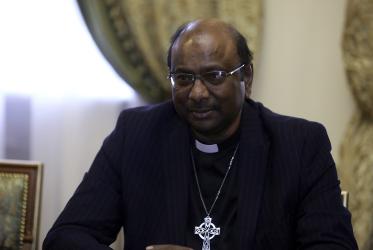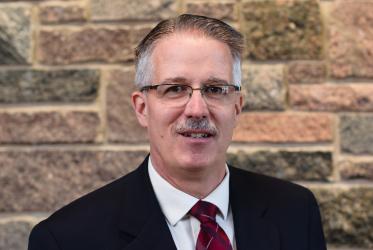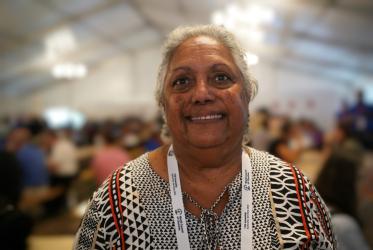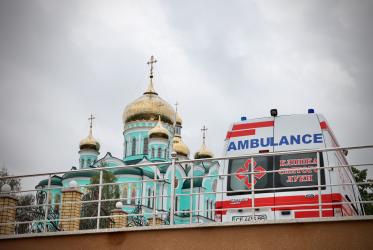Displaying 1 - 20 of 32
In Armenia, WCC general secretary speaks for justice
22 September 2023
Ecumenical delegation visits Armenia
19 September 2023
Ukraine: Responding to humanitarian need
08 September 2022
Indigenous women struggle for identity in Asia and beyond
05 September 2022
Monastery in Ukraine responds to the consequences of war
09 August 2022



















